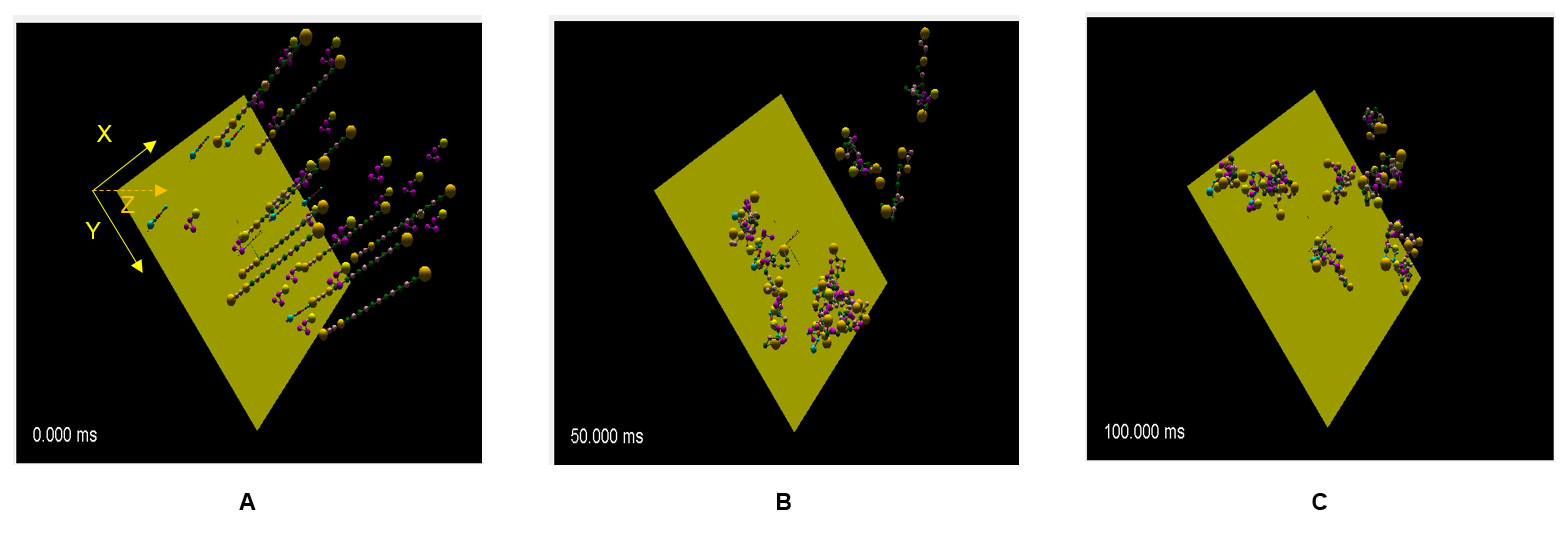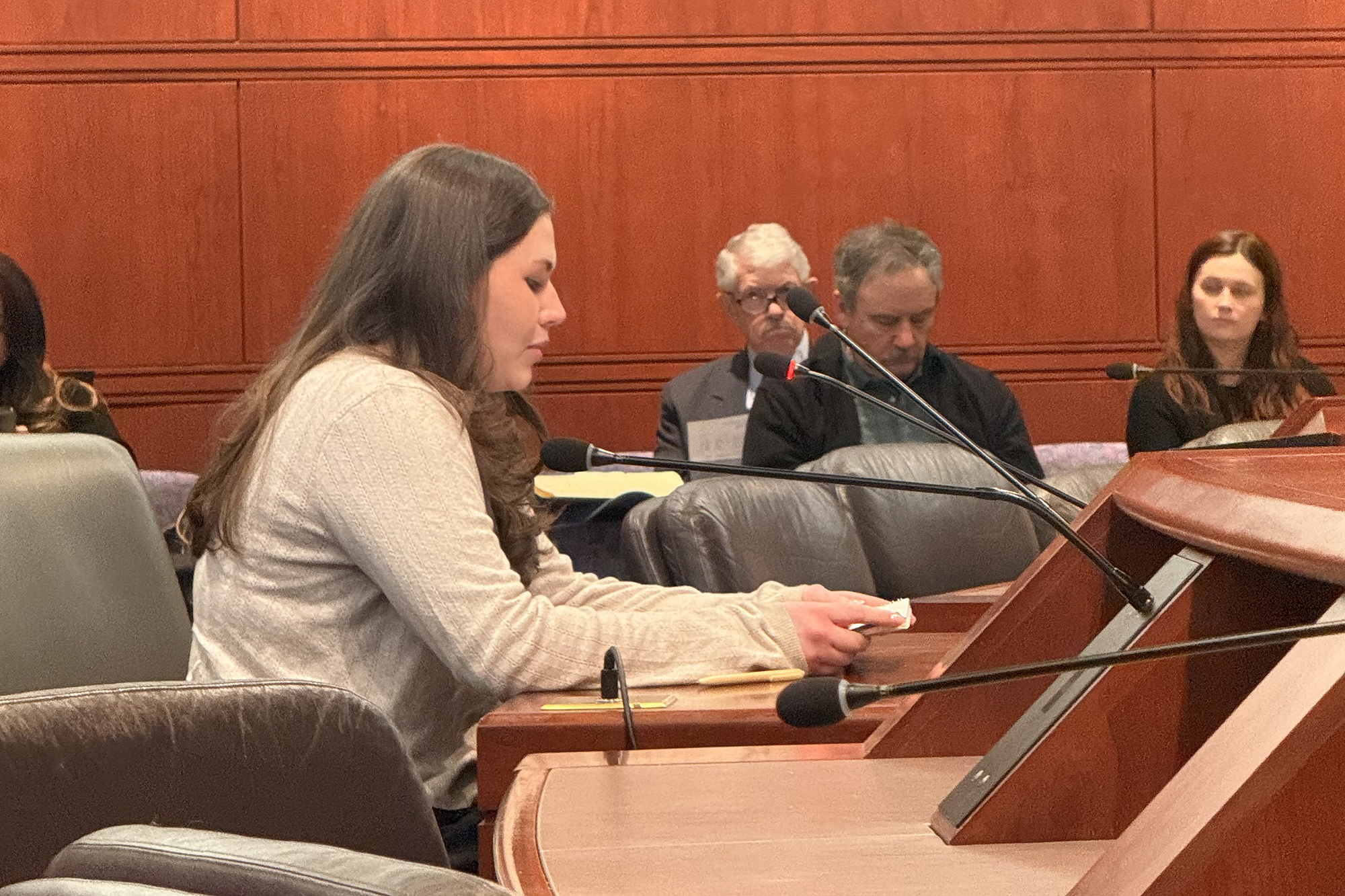There’s no question that technology moves our world – and it moves fast. The healthcare system in particular has benefited from the creation of cutting-edge devices that give an in-depth view into cells and cellular processes that can ultimately benefit many patients.
UConn School of Medicine professor and director of the Center for Cell Analysis and Modeling at the University of Connecticut, Leslie Loew has received a $1.3 million grant from the National Institute of General Medical Sciences to maintain and foster the development of a powerful software that has helped facilitate cell biology research.
SpringSaLaD, short for Springs, Sites, and Langevin Dynamics, is a biochemical simulation program that is best suited for modeling structures composed of many individual molecules in cells. These simulations bridge the gap between models that simulate the behavior of individual molecules and models of cellular events.
Still, there are numerous enhancements that can further expand the capabilities of this platform.
With this new funding, Loew, working with colleagues Boris Slepchenko, Michael Blinov, Masoud Nickaeen, and Ani Chattaraj, plans to advance multiple aspects of SpringSaLaD by improving the quality and speed of the simulations, increasing the range of biophysical processes that can be modelled, and making it possible to acquire additional information on details like the dynamics of molecular assembly processes, to name a few.
Loew also intends to create optional designs for researchers that will better account for the inflexibility of these miniscule molecular structures along with the flexibility of linker domains, which are short peptide sequences in proteins. By taking these molecular-level features into consideration, it will be possible to better understand how intrinsically disordered domains, which are proteins that lack a specific structure, influence the properties of larger structures in cells, including molecular machines. As these are frequently associated with disease, it is especially important to conduct more research on these processes.
Eventually, SpringSaLaD will be incorporated within Virtual Cell, a unique online platform developed and supported at UConn Health that allows scientists around the world to create models and simulations that mirror the behavior of cells. Through the platform, researchers have a rich and collaborative environment where they can share their findings and propel research forward.
By merging software that is capable of modeling processes at the molecular and cellular scale, Loew and his team will deliver an innovative and game-changing technology to the research community.
Especially when considering the range of cellular processes SpringSaLaD and Virtual Cell will be able to examine, particularly in cells that become abnormal, researchers can potentially acquire additional insights in disorders as diverse as autism, cancer, diabetes, and kidney failure.
Leslie Loew is a professor in the Department of Cell Biology at the University of Connecticut. He received his BS in chemistry from City College of CUNY and his MS and PhD in chemistry from Cornell University. For his postgraduate training, Loew attended Harvard University. Loew’s research interests center around cell biophysics. Loew was awarded the 2018 Biophysical Society Distinguished Service Award from the Biophysical Society for his continuous commitment to the Society and role as Editor-in-Chief of the Biophysical Journal.



